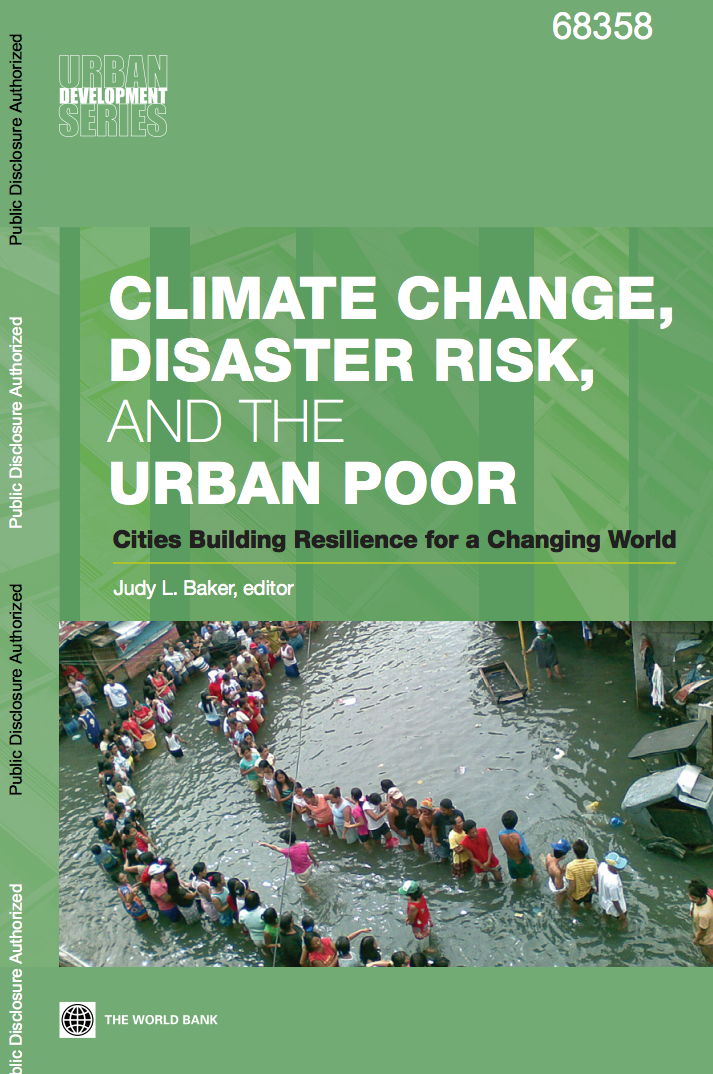The Low Carbon City Development Program Guidebook
According to the United Nations
population fund, the world is undergoing the largest wave of
urban growth in history, with more people now living in
cities than in rural areas. Cities are also responsible for
a high proportion of global carbon emissions, which are the
main driver of anthropogenic climate change. By taking the
lead on low carbon development, cities have the opportunity
to engage in an important dialogue about sustainable


